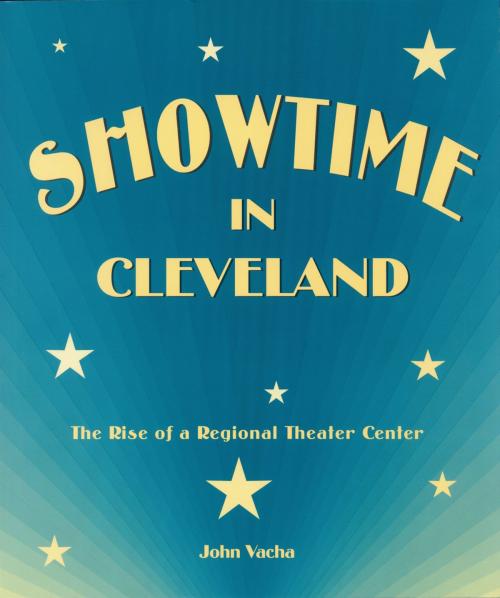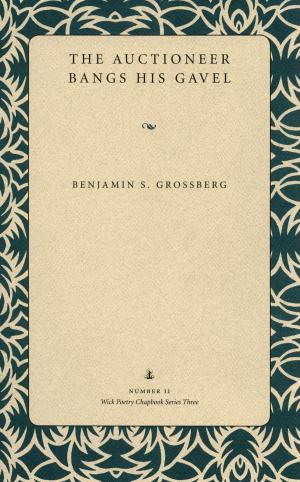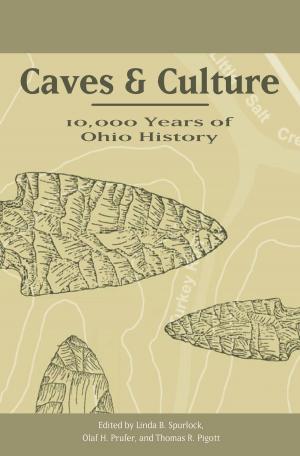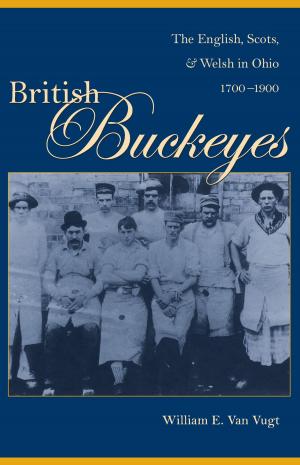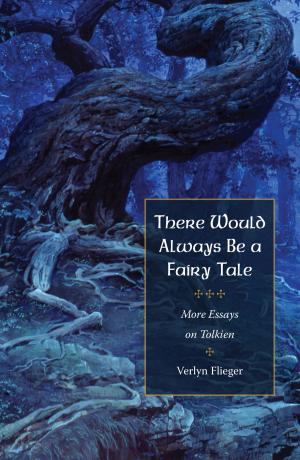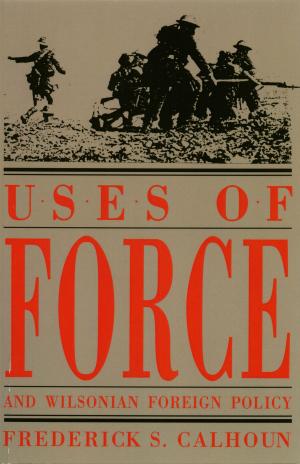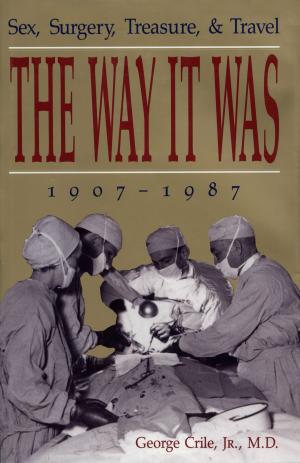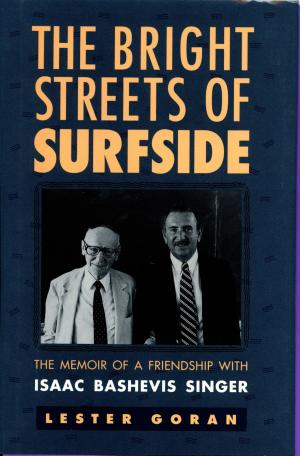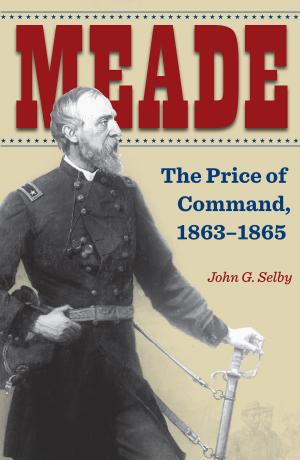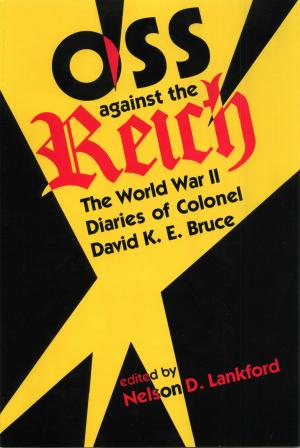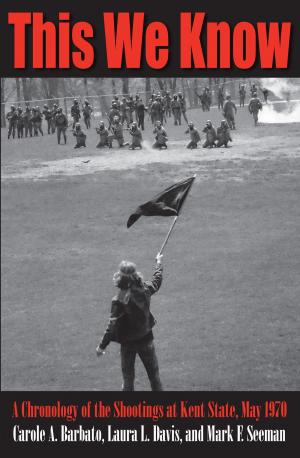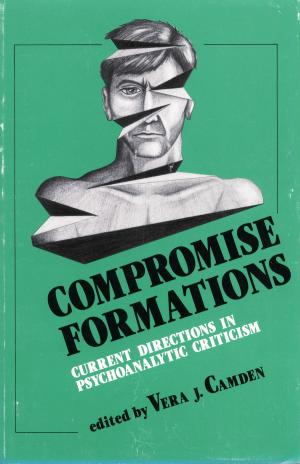Showtime in Cleveland
The Rise of a Regional Theater Center
Nonfiction, Entertainment, Theatre, Performing Arts| Author: | John Vacha | ISBN: | 9781612772844 |
| Publisher: | The Kent State University Press | Publication: | September 25, 2013 |
| Imprint: | The Kent State University Press | Language: | English |
| Author: | John Vacha |
| ISBN: | 9781612772844 |
| Publisher: | The Kent State University Press |
| Publication: | September 25, 2013 |
| Imprint: | The Kent State University Press |
| Language: | English |
This work takes the reader from the city's first professional theatrical presentation in 1820, through the heyday of vaudeville, to the grand reopening of the newly renovated Allen Theater in 1999 and the return of touring Broadway shows to Cleveland.
In 1820 Cleveland was able to draw a visit from a troupe of professional actors. With no theater in which to perform, the troupe made do with Mowrey's Tavern on Public Square.
As the city grew, theater blossomed and vaudeville flourished. In the early 1920s, five magnificent theaters opened at Playhouse Square—the State, the Palace, the Hannah Theater, the Ohio, and the Allen. Cleveland was also in the vanguard of the “little theater” movement with the establishment of the Cleveland Play House and the interracial Karamu Theater. After a period of decline in the 1960s and 1970s, live theater was reborn in Playhouse Square, which is now the second-largest performing arts complex in the country.
This work takes the reader from the city's first professional theatrical presentation in 1820, through the heyday of vaudeville, to the grand reopening of the newly renovated Allen Theater in 1999 and the return of touring Broadway shows to Cleveland.
In 1820 Cleveland was able to draw a visit from a troupe of professional actors. With no theater in which to perform, the troupe made do with Mowrey's Tavern on Public Square.
As the city grew, theater blossomed and vaudeville flourished. In the early 1920s, five magnificent theaters opened at Playhouse Square—the State, the Palace, the Hannah Theater, the Ohio, and the Allen. Cleveland was also in the vanguard of the “little theater” movement with the establishment of the Cleveland Play House and the interracial Karamu Theater. After a period of decline in the 1960s and 1970s, live theater was reborn in Playhouse Square, which is now the second-largest performing arts complex in the country.
